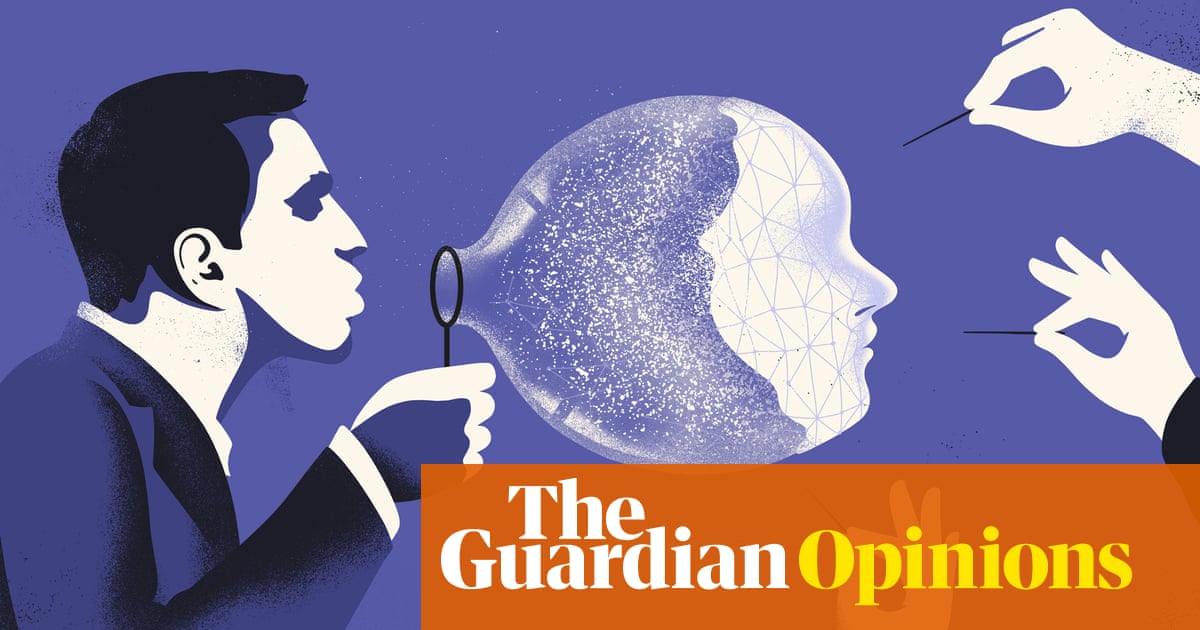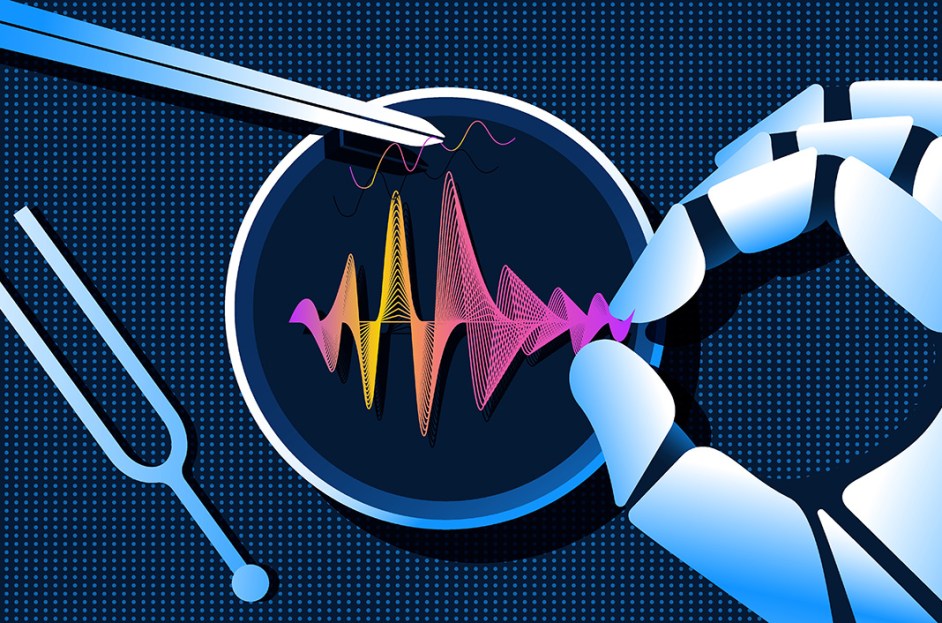
Growing Backlash Against AI Hype Sparks Resistance and Calls for Ethical Adoption
Growing Backlash Against AI Hype Sparks Resistance and Calls for Ethical Adoption
The backlash against AI hype is growing as humanity increasingly resists the unchecked adoption of artificial intelligence. This resistance is fueled by a range of concerns, including the impact on human labor, exploitation of creative works, and ethical issues such as the sexualization of women and the creation of deepfakes. Companies that have embraced AI without considering these concerns have faced significant public backlash, leading to embarrassing walkbacks and canceled projects.
For instance, a lifestyle magazine faced outrage after introducing an AI-generated "fashion and lifestyle editor," while the Prince Charles Cinema in London canceled a screening of an AI-written film due to public objections. Lego and Doctor Who also faced criticism for their AI-related initiatives, highlighting the growing anti-AI sentiment among consumers.
This resistance has led to the emergence of a new movement of "luddites" who are proud to reclaim the term. Unlike the original luddites, who resorted to rebellion, this modern movement seeks dialogue and compromise. They recognize that AI is here to stay but demand a fairer and more reasonable approach to its adoption. The internet has become a powerful tool for organizing this resistance, making it harder for companies to ignore public sentiment.
Unlikely alliances are forming as people unite against the perceived threats of AI. For example, musicians and fans supported the Recording Industry Association of America's lawsuit against AI music-generation companies for copyright infringement. This shows how old arguments are being set aside in the face of a new common enemy.
While AI holds promise, the backlash underscores the importance of addressing its real harms today rather than gambling on its future potential. Companies like Nintendo have chosen not to use generative AI, and users of platforms like Stack Overflow have rebelled against AI training on their content. Protests against driverless taxis in San Francisco and outside OpenAI's offices further illustrate the growing resistance.
As AI continues to develop, it is crucial for both developers and regulators to listen to this backlash and ensure that AI is adopted in a way that respects human rights and labor. Ignoring these concerns could lead to even greater resistance and harm in the future.

